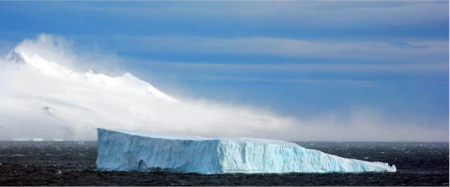
Marine ecosystems and climate change
Barange M, Field J G, Harris R H, Hofmann E E, Perry R I and Werner C (eds)

Global environmental change (including climate change, biodiversity loss, changes in hydrological and biogeochemical cycles, and intensive exploitation of natural resources) is having significant impacts on the world's oceans. This handbook advances knowledge of the structure and functioning of marine ecosystems, and their past, present, and future responses to physical and anthropogenic forcing. It illustrates how climate and humans impact marine ecosystems, providing a comprehensive review of the physical and ecological processes that structure marine ecosystems as well as the observation, experimentation, and modelling approaches required for their study. Recognizing the interactive roles played by humans in using marine resources and in responding to global changes in marine systems, the book includes chapters on the human dimensions of marine ecosystem changes and on effective management approaches in this era of rapid change. A final section reviews the state of the art in predicting the responses of marine ecosystems to future global change scenarios with the intention of informing both future research agendas and marine management policy.
Marine Ecosystems and Global Change provides a detailed synthesis of the work conducted under the auspices of the Global Ocean Ecosystems Dynamics (GLOBEC) program. This research spans two decades, and represents the largest, multi-disciplinary, international effort focused on understanding the impacts of external forcing on the structure and dynamics of global marine ecosystems.
Features
* Provides a state of the art synthesis of the structure and functioning of marine ecosystems and their responses to global change
* Summarizes the findings of the GLOBEC research program and objectives, placing them in a broader context
* Features a strong emphasis on pelagic ecosystems and the links between climate, physical forcing, ecosystem dynamics, fish and top predators, with some consideration of resource management
* Examines the reciprocal interactions and feedbacks between marine ecosystems and human communities, with an emphasis on prediction and modeling
* Ideal graduate seminar course material
